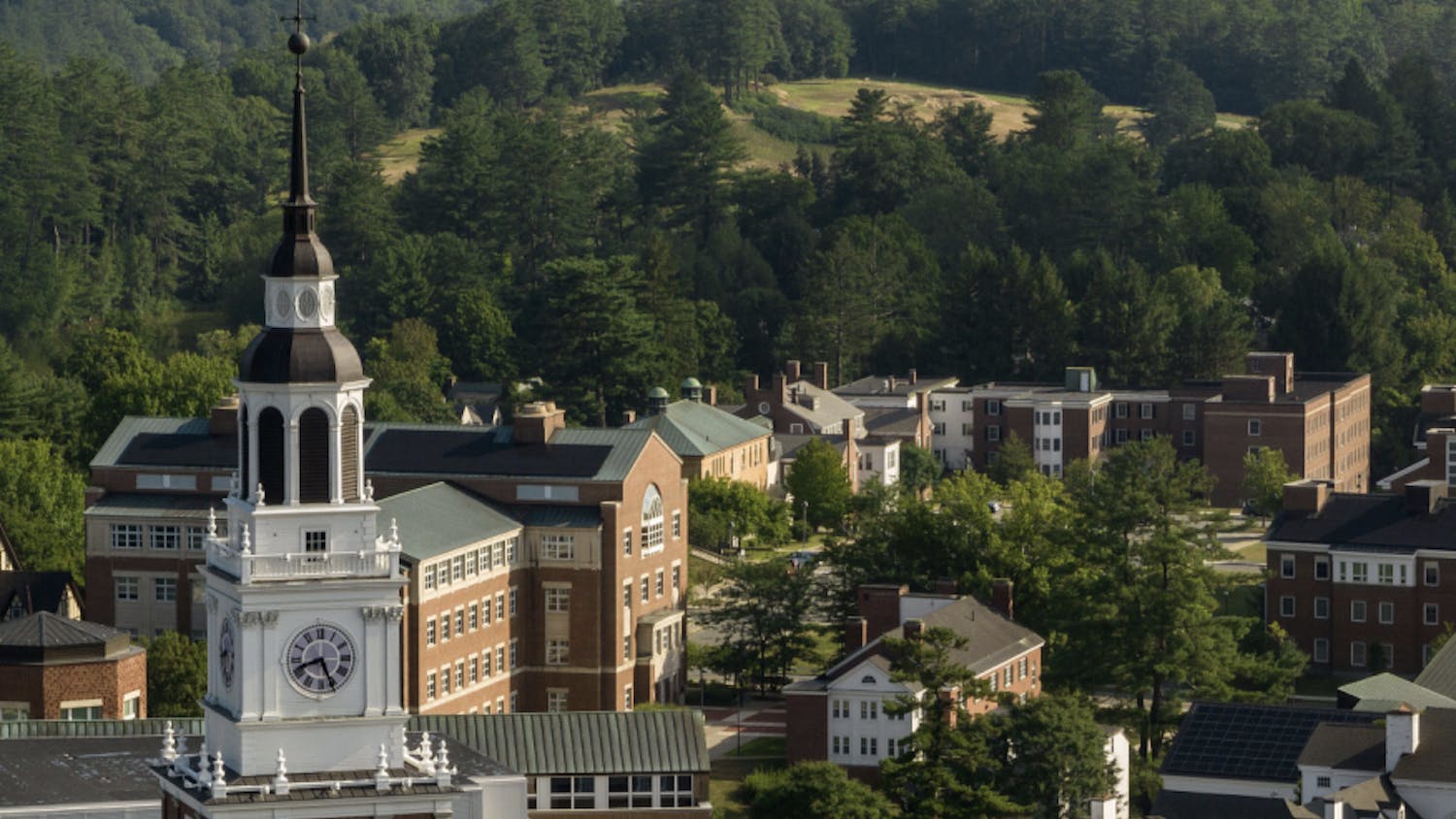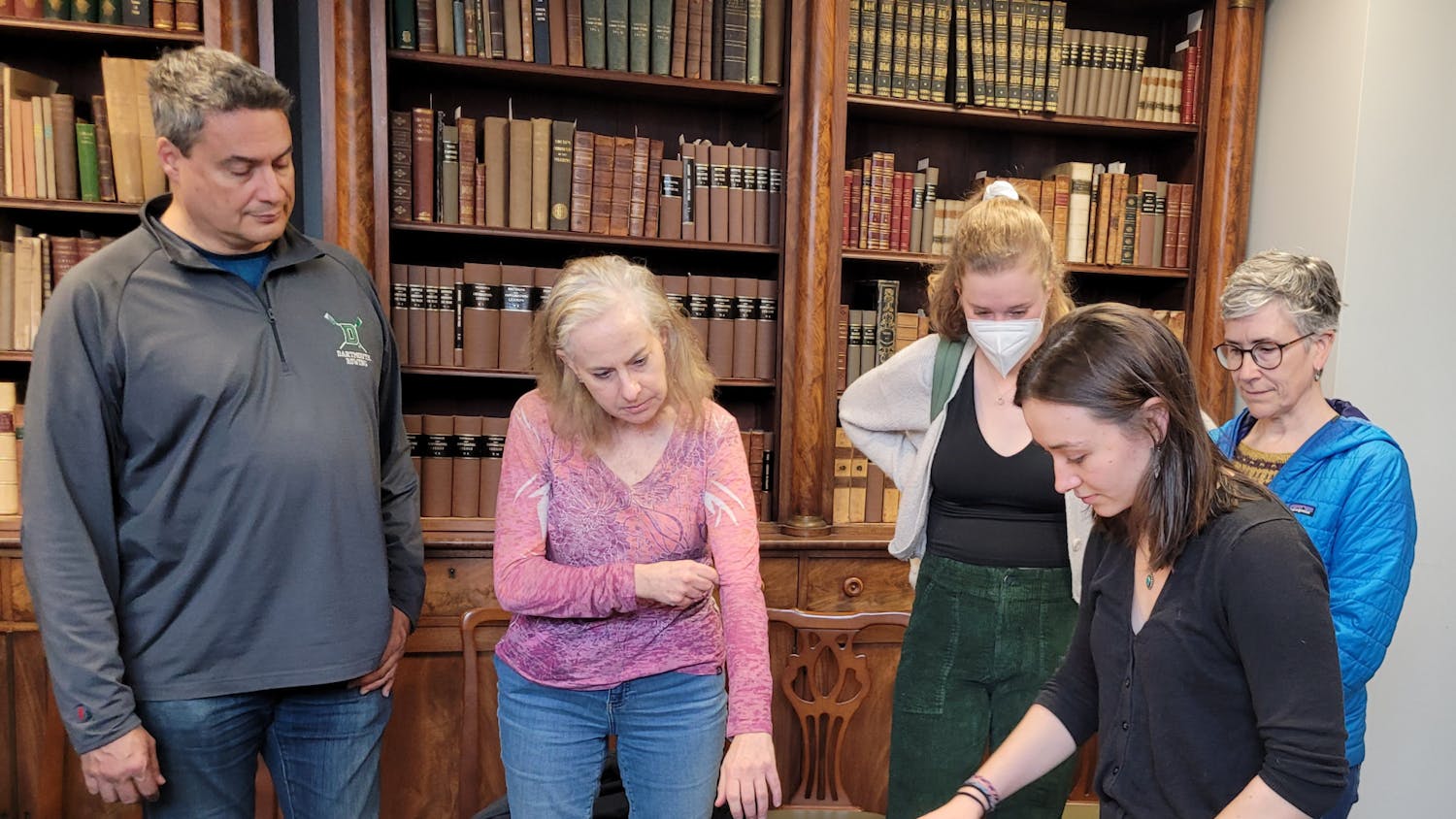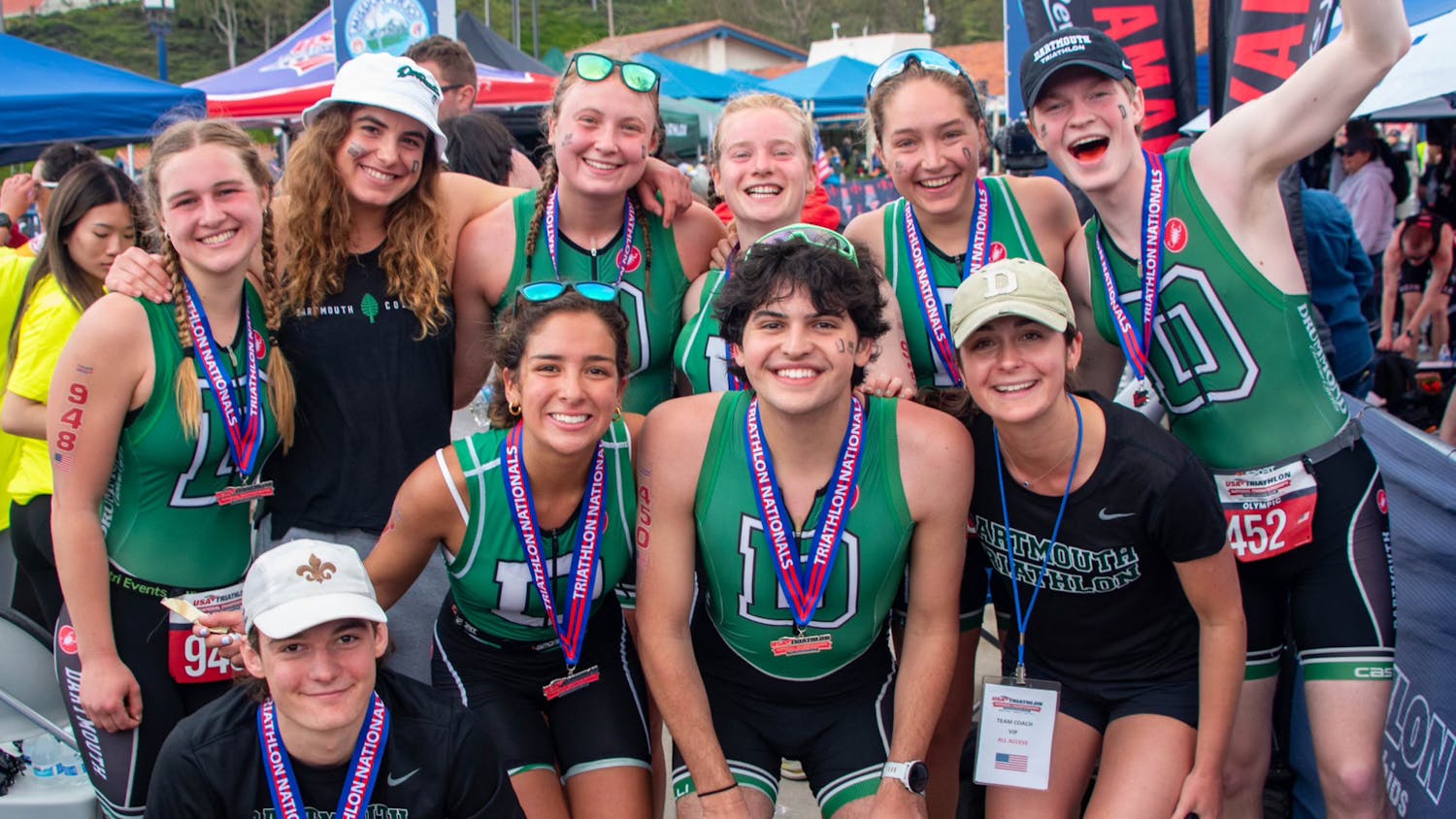Last Friday, the Thayer Consulting Club hosted its sixth annual case competition, where 50 undergraduate and graduate students competed in groups of three or four for cash prizes and first-round interviews with prestigious consulting firms L.E.K. and Oliver Wyman.
This year, the winning group was a graduate team of four engineering graduate students: Neeraj Ahuja Th’17, Juan Wegner Th’18, Agostina Colaizzo Th’18 and Jaime Dominguez Th’18, who won a $500 cash prize. The second place group won a $250 cash prize, and both groups secured first-round interviews with the consulting firms.
Lisan Shaikh Th’17, the vice president of external relations of the Thayer Consulting Club, said that the groups were given the case one week before the competition. She added that the case was about how Chobani, a yogurt company based in New York, could expand in other countries. The case included financial and strategy information about the company.
The teams’ jobs were to evaluate the company on financial, market and brand-image bases in addition to having to come up with innovative and sound strategies for Chobani to expand its business and diversify its product line, Shaikh said.
“The most important parameter for the teams was how structured their plans were,” she said. “They had to have good, well-rounded structures that were analyzed from various angles.”
Shaikh added that there were two rounds in the competition, with the first judged by a professor and a consultant and the second judged solely by three consultants from the consulting firms — two from Oliver Wyman and one from L.E.K.
The Thayer Consulting Club also holds case workshops every week where students are given cases to work on so that they can develop case-solving skills.
Ahuja said that as soon as his group received the case on the Saturday before the competition, they began brainstorming to determine the key problem with Chobani’s strategy and the best suggested course of action. He added that he and his group had to submit their presentation by Thursday, so they spent a lot of time doing research to find data to back up their suggestions.
The group’s proposal was for Chobani to expand into the non-dairy food market by creating a new almond milk yogurt for people with certain allergies and food restrictions.
“We showed that the dairy-alternative industry has grown a lot and that it is expected to continue to grow in America and in other countries,” Ahuja said. “By doing so, we were able to present the costs of Chobani to move into a new market and the benefits of diversifying their product line beyond just Greek yogurt.”
Wegner said that the first round went very well, as the group was able to anticipate most of the questions asked. However, he said the final round was challenging because the questions were difficult, requiring the team to be “very tough and sharp in our answers.”
He also said that he thought the group was able to respond well because they were all engineering graduate students that knew how to present and research data. Furthermore, the team members had all worked in business settings in the past.
Colaizzo said that the group was successful because they supported their proposal with data and focused on one topic, while other groups tried to address multiple topics.
She added that she thought that her group had the most creative ideas in the final round and that identifying the problem and providing a sensible analysis of the issue were the key reasons her group was successful.
Dominguez said that many groups made the mistake of explaining why certain ideas were wrong, and that many of them did not understand the problem.
“Our idea wasn’t the best idea out there, but we were able to back it up with data while the other groups’ projects were not consistent as they did not analyze their markets or the viability of their projects,” he said.
Wegner, echoing Dominguez, said that while some other groups proposed creative ideas such as frozen yogurt lines and crowd-funding campaigns, those ideas were not backed up with enough data or market analysis.
Wegner added that while the group was very pleased by the outcome and appreciated the experience, each member had to postpone other commitments because there was so much work to do.
“The week before the competition was very tough because we didn’t get much sleep because we were so engaged with the project and wanted it to be as great as possible,” he said.
James Chartouni ’19, who also participated in the competition, said he wished the competition had taken place earlier because he had other responsibilities and assignments to think about towards the end of the term.
“I wish it was earlier in the term in week two or three rather than week eight because we had to research a lot to understand the current issues surrounding Chobani,” Chartouni said.
Chartouni added that he thought that his group was at a disadvantage because, as undergraduates, they did not have the prior experience with consulting and case competitions that the graduate student groups had.
Anthony Law ’19, another participant and member of the Dartmouth Consulting Group, said that he thought the competition was great because he was able to deal with real-life consulting applications and learn from current consultants.
“During the networking lunch, I was able to connect with one of the final round judges to learn how they got into the consulting field and on how to improve my case skills,” Law said.



